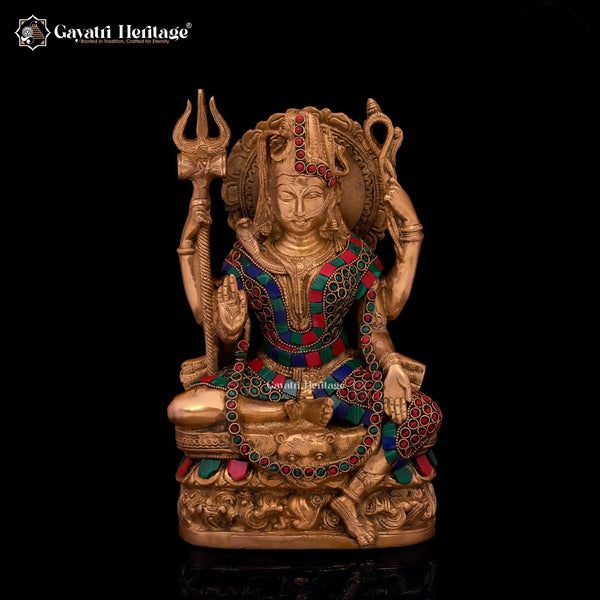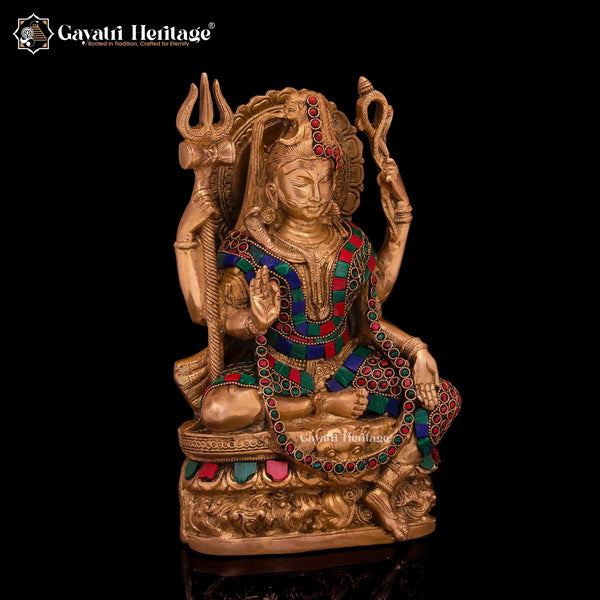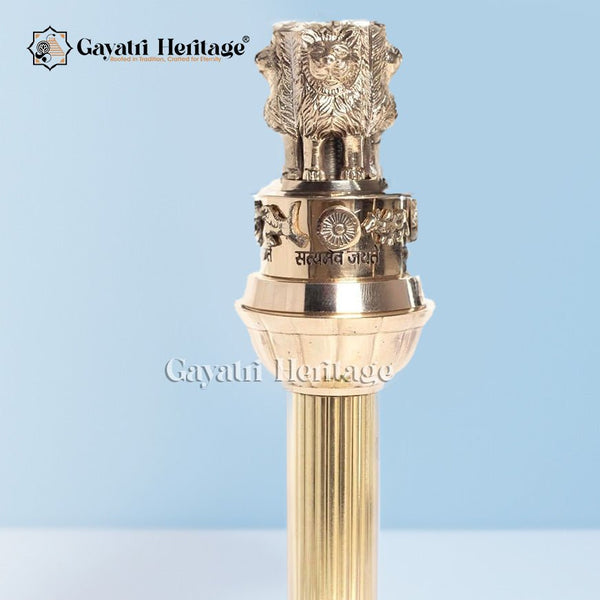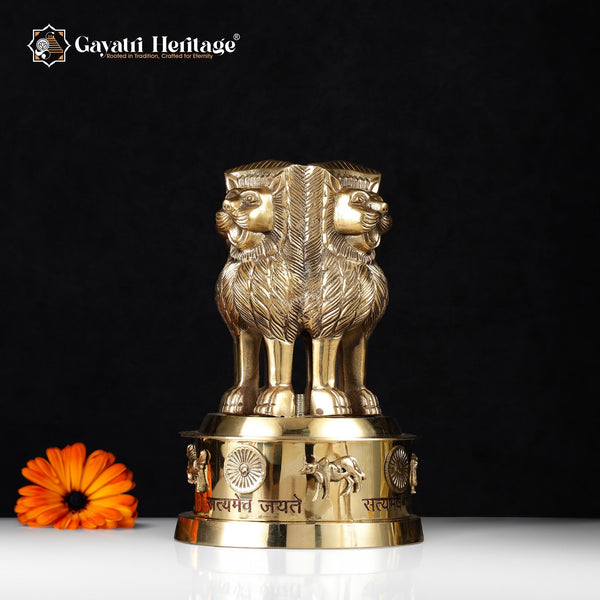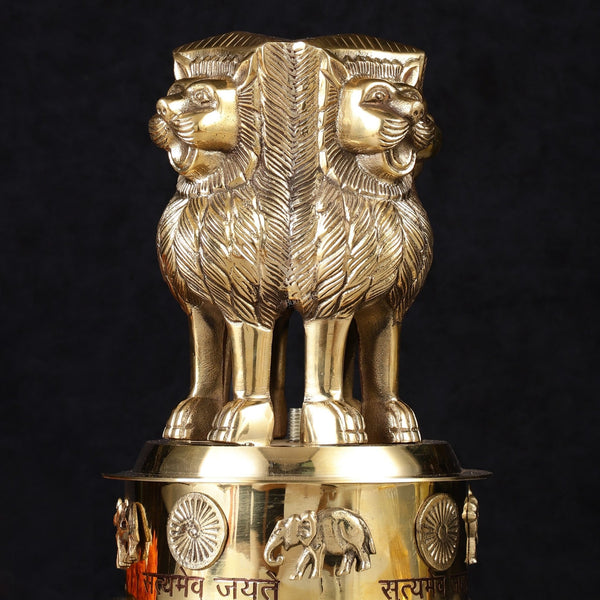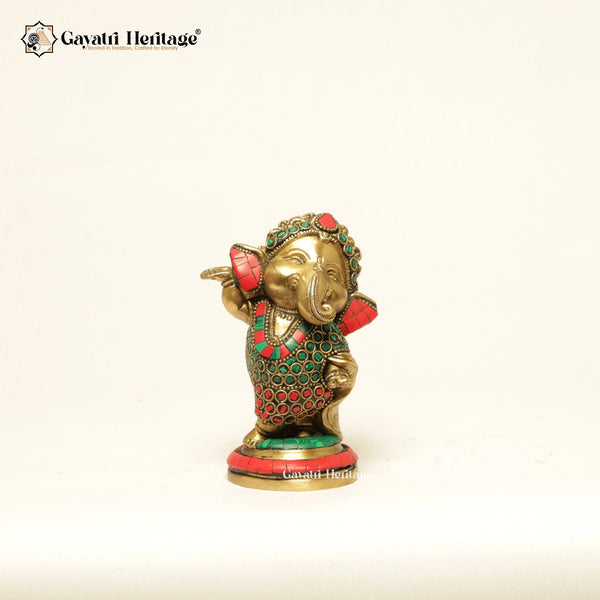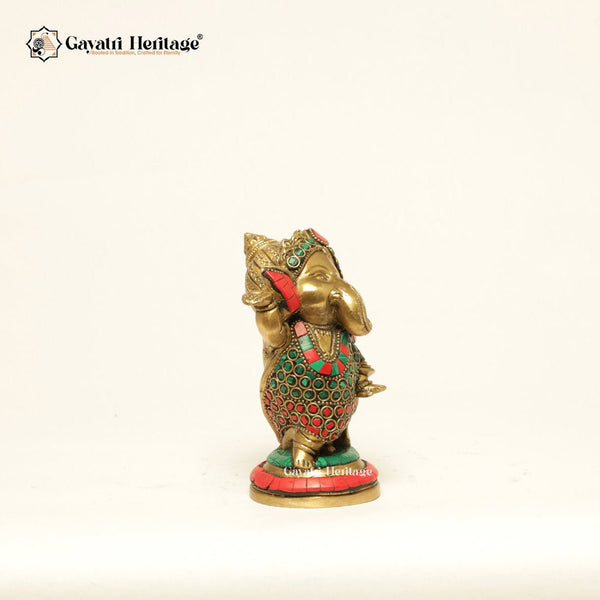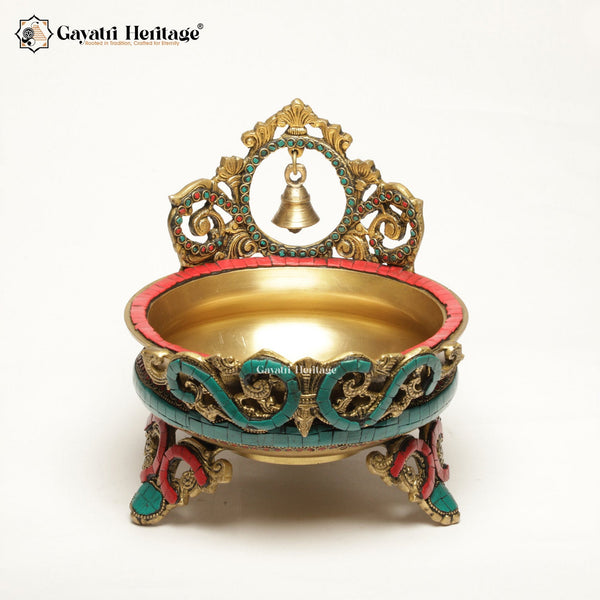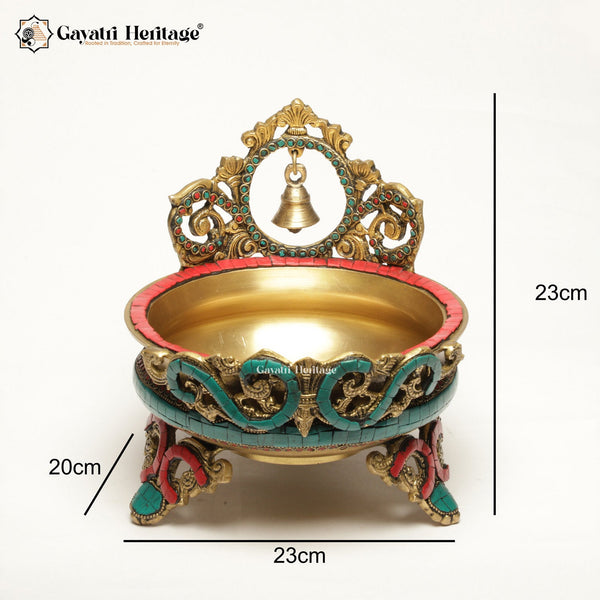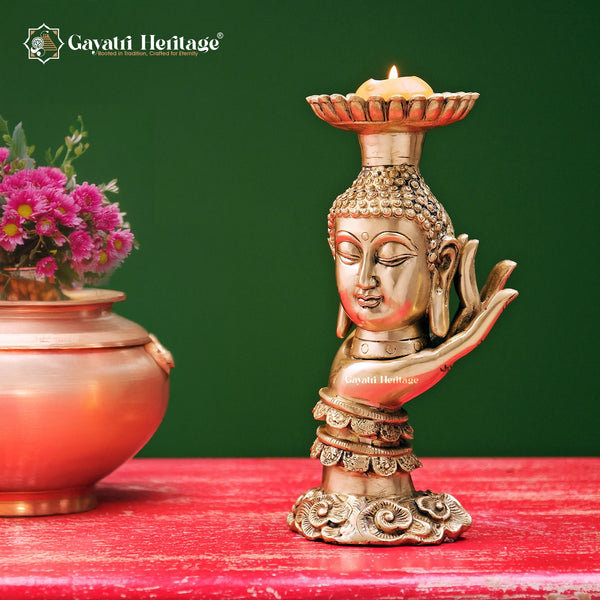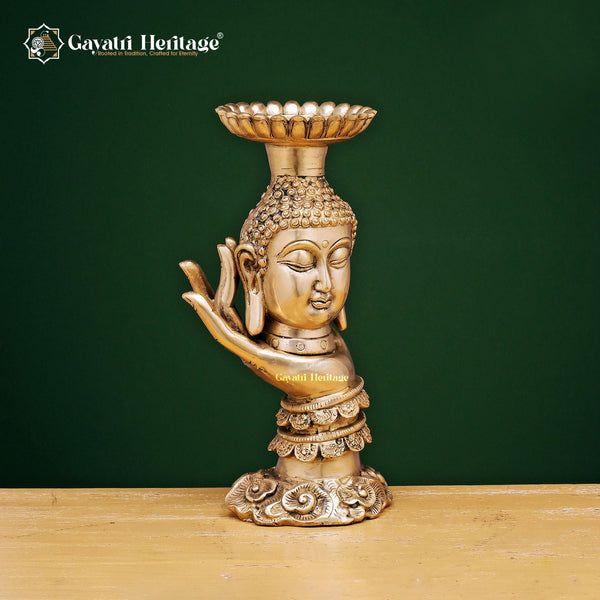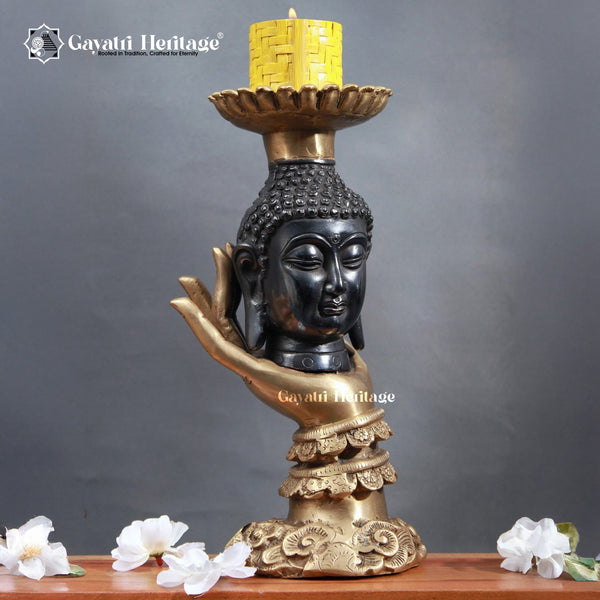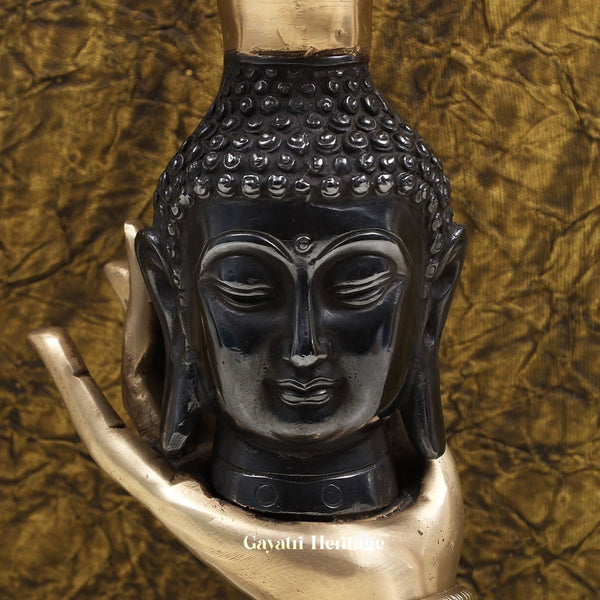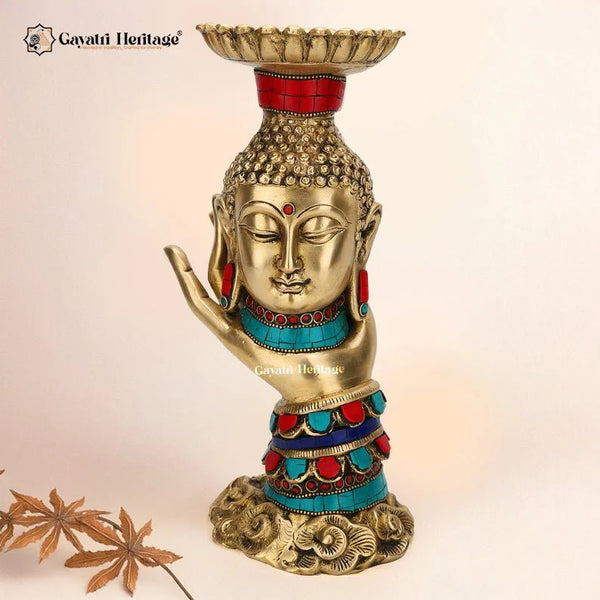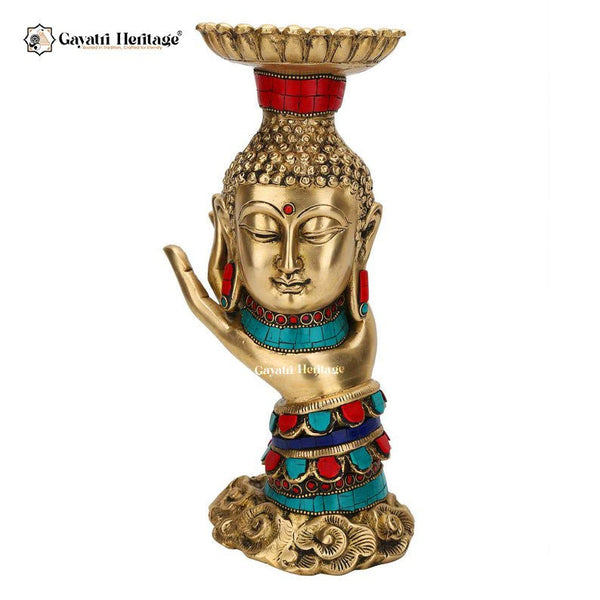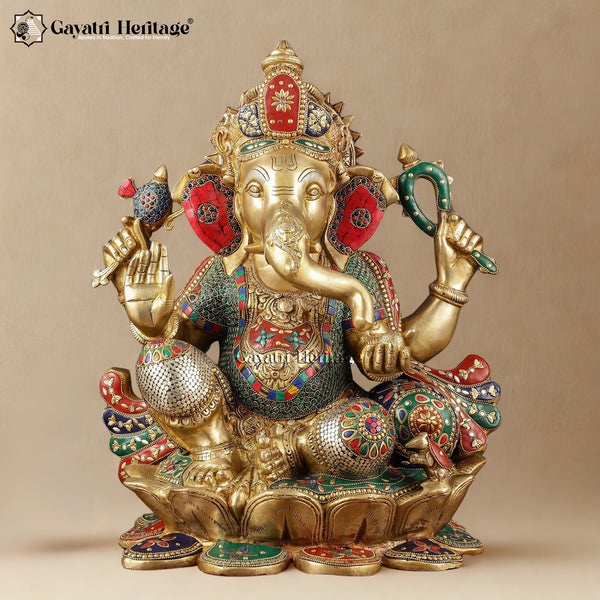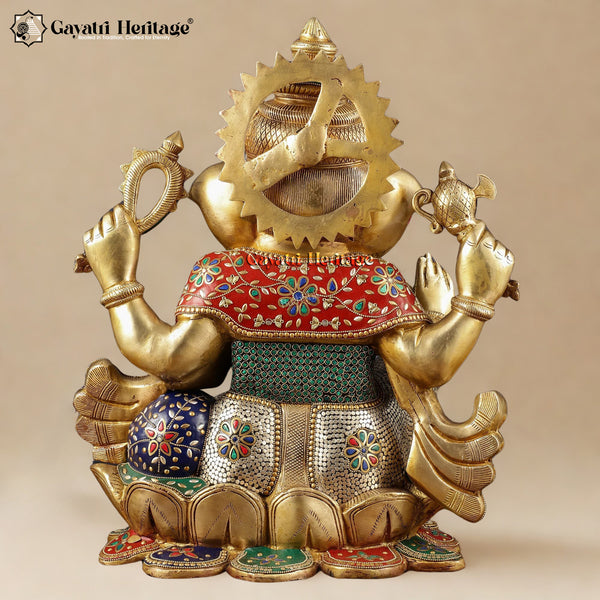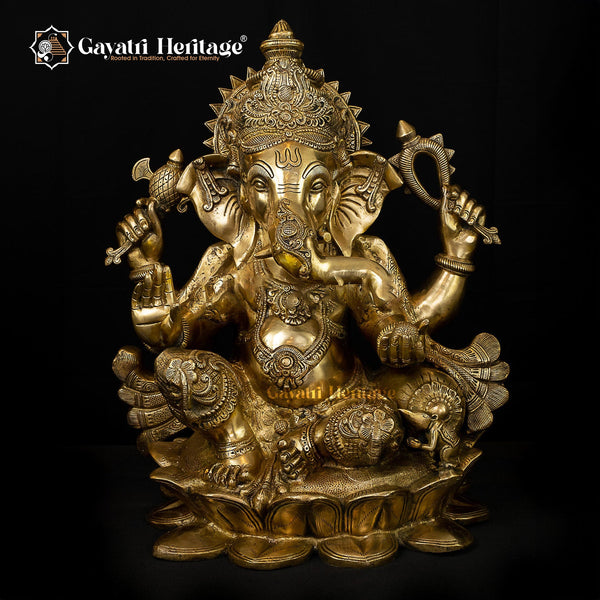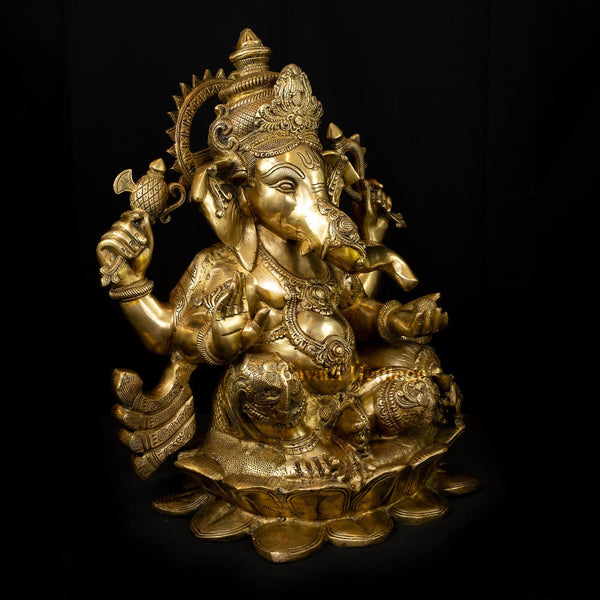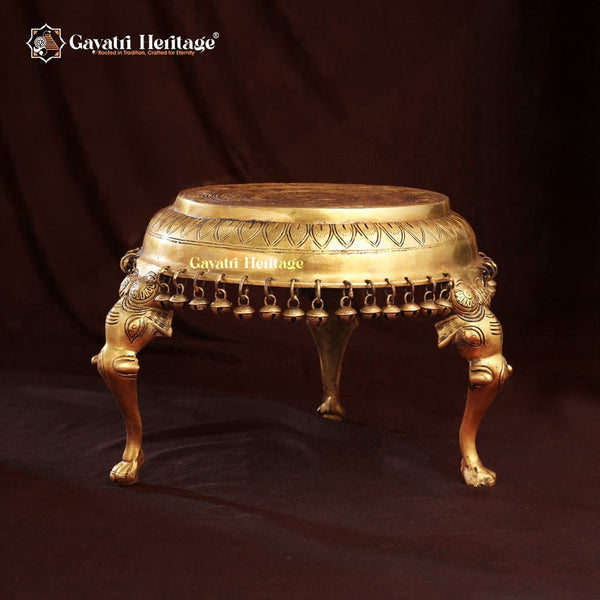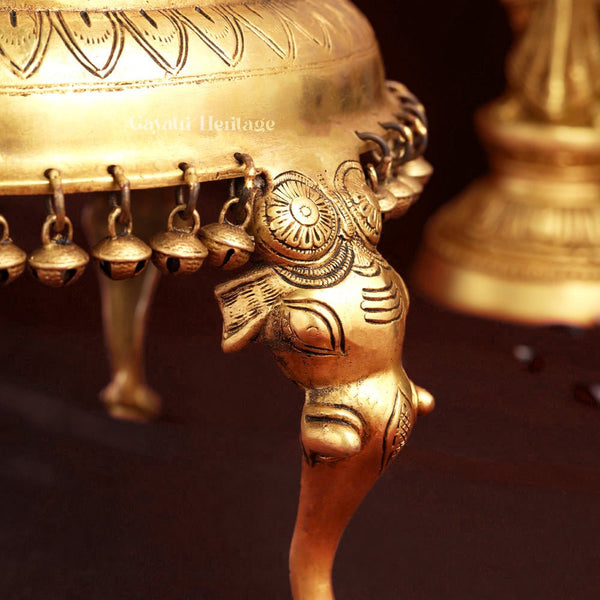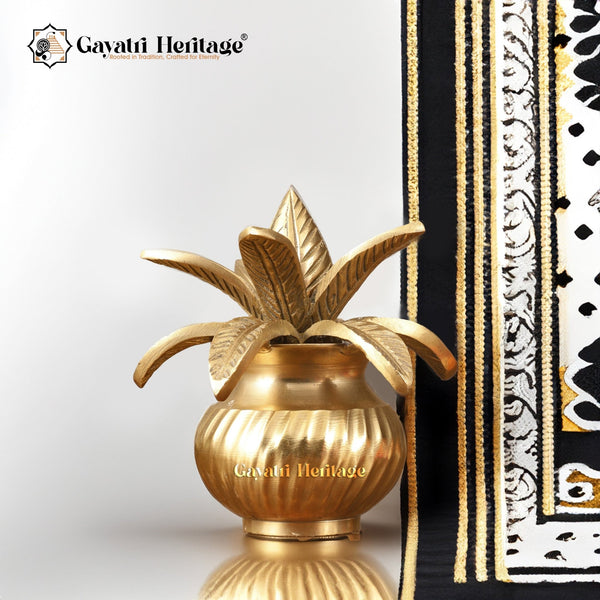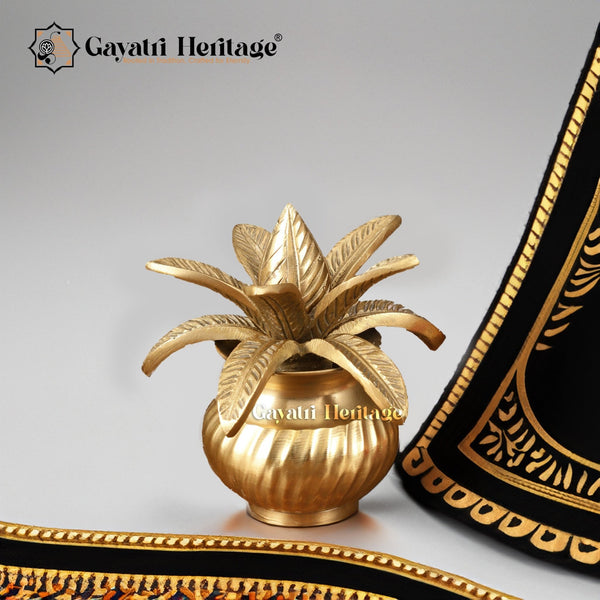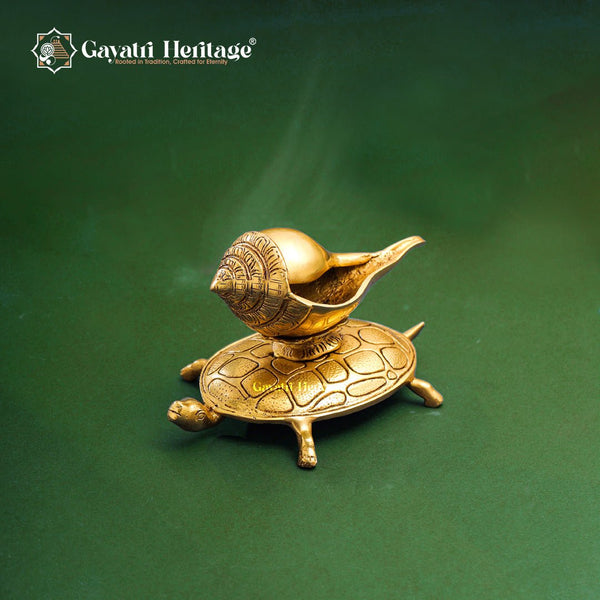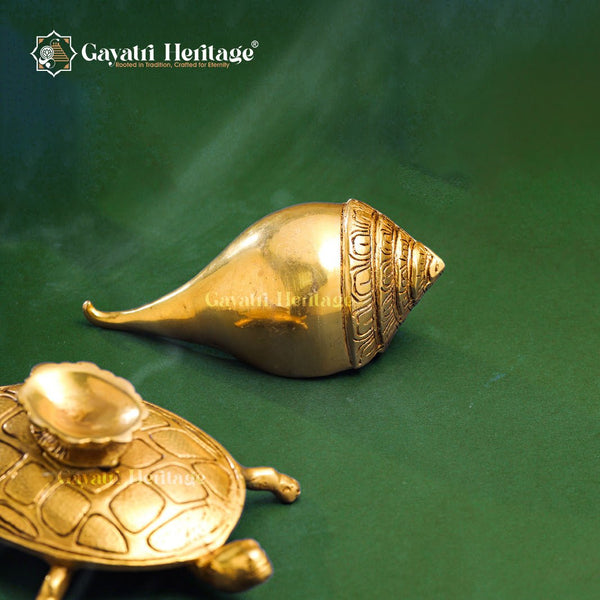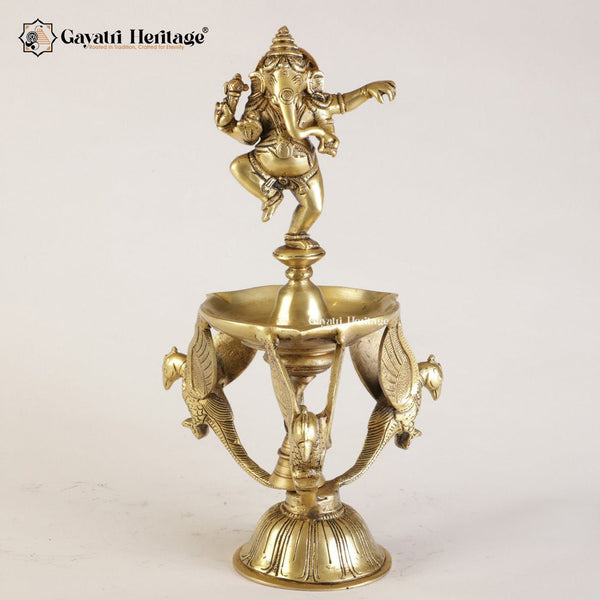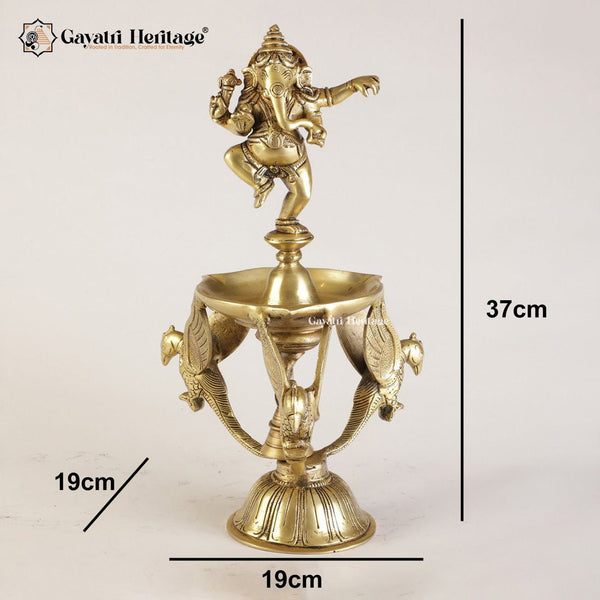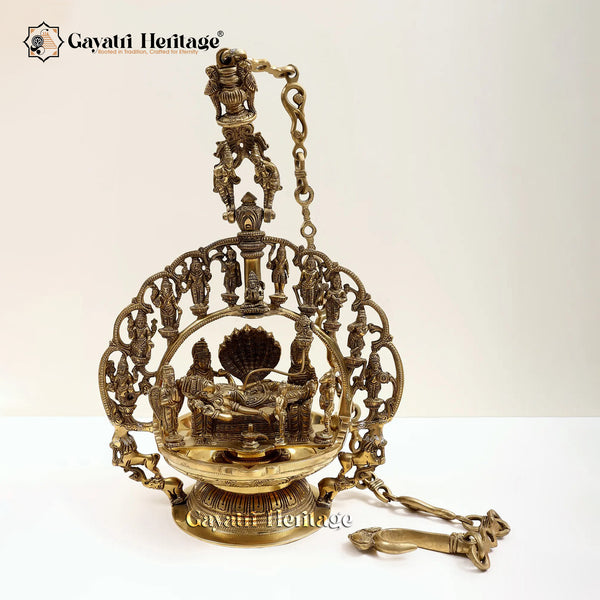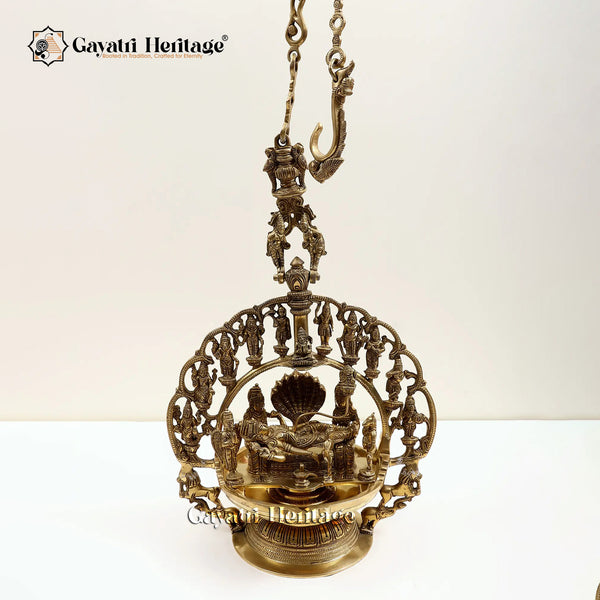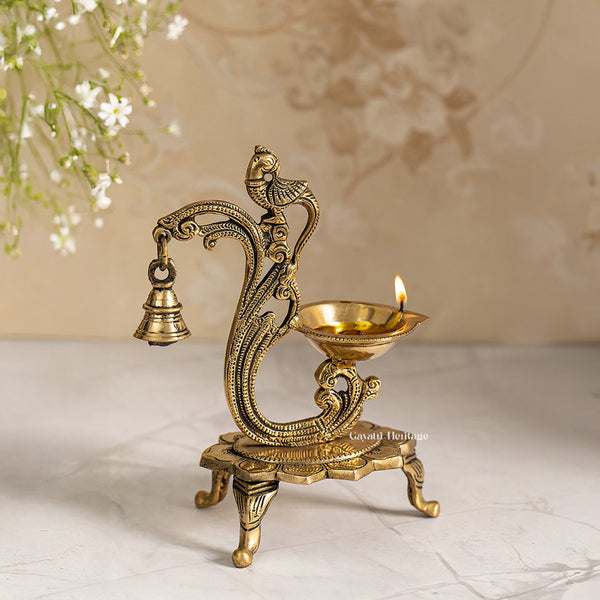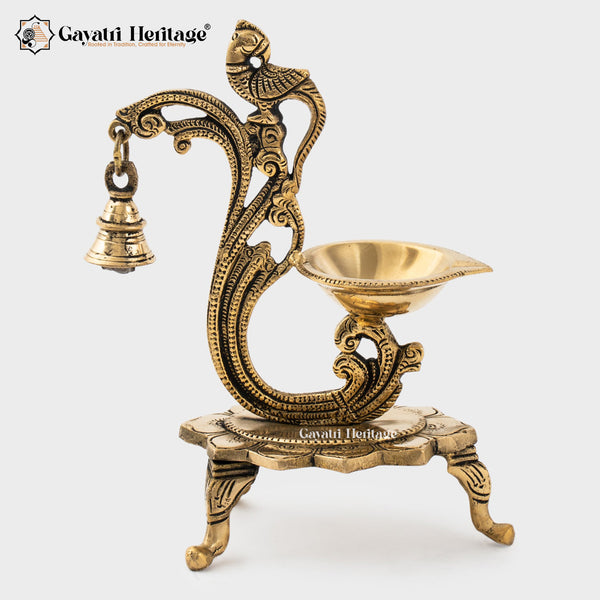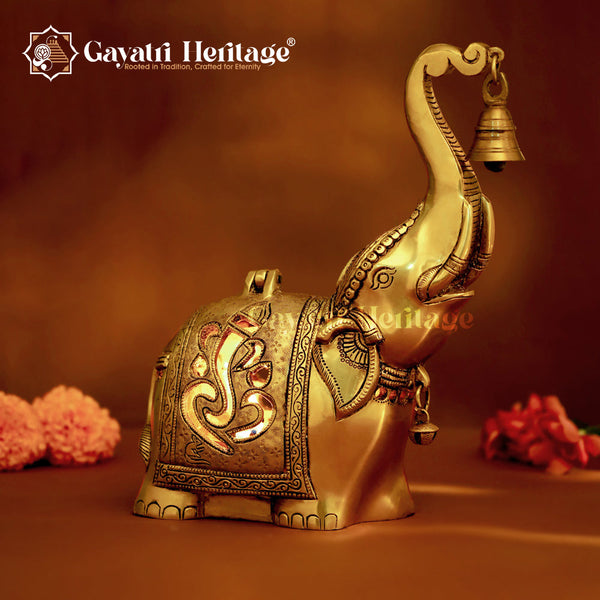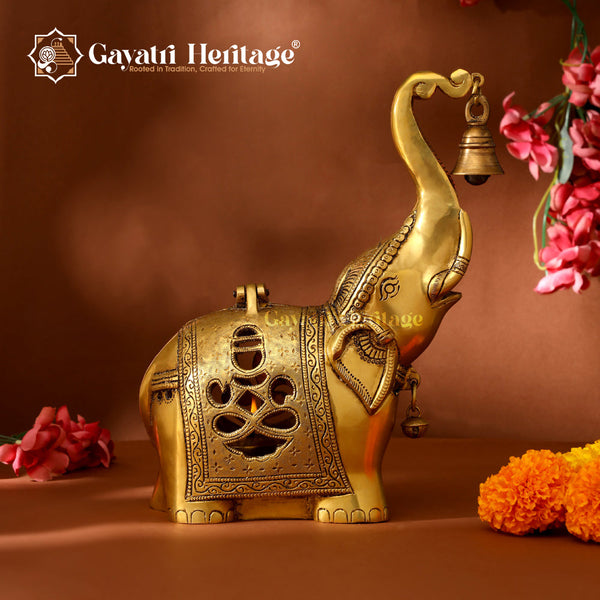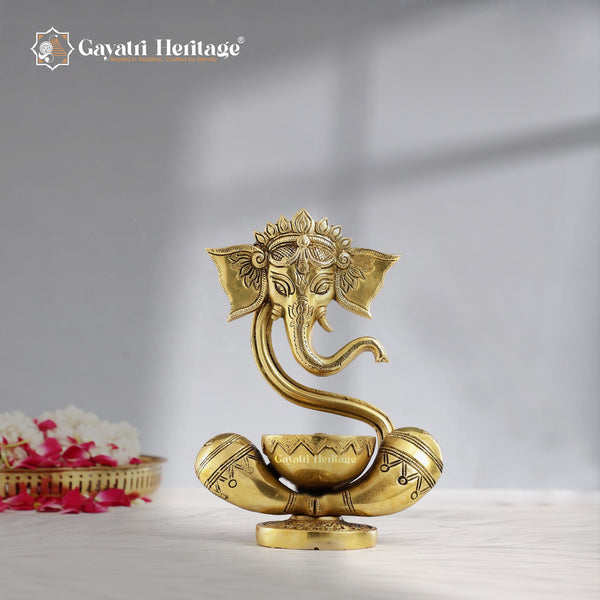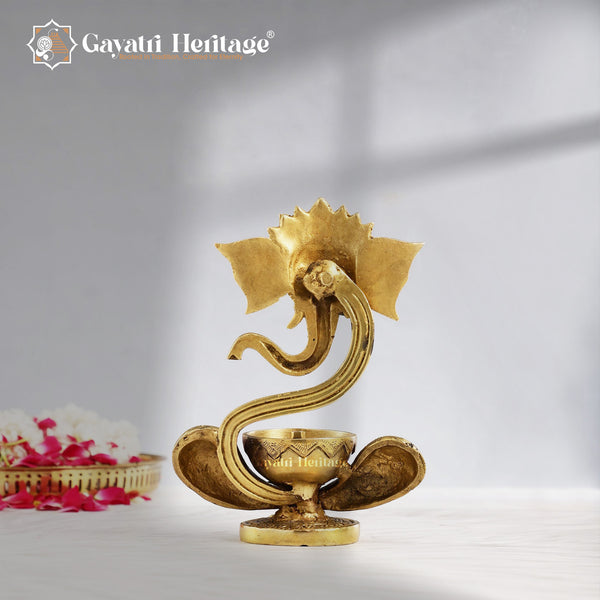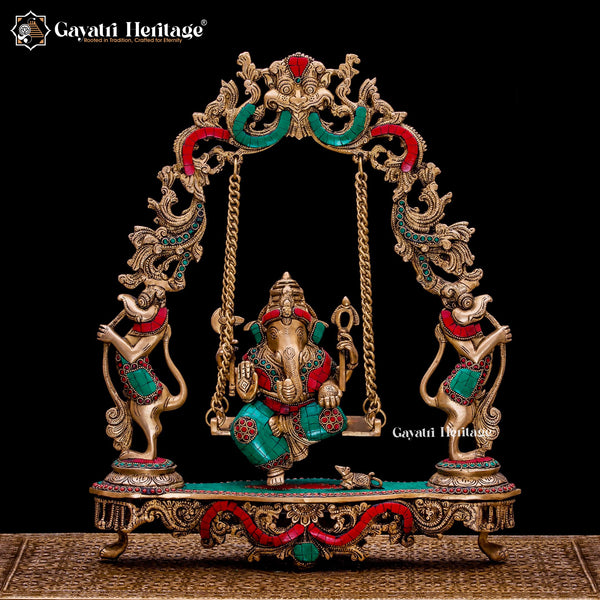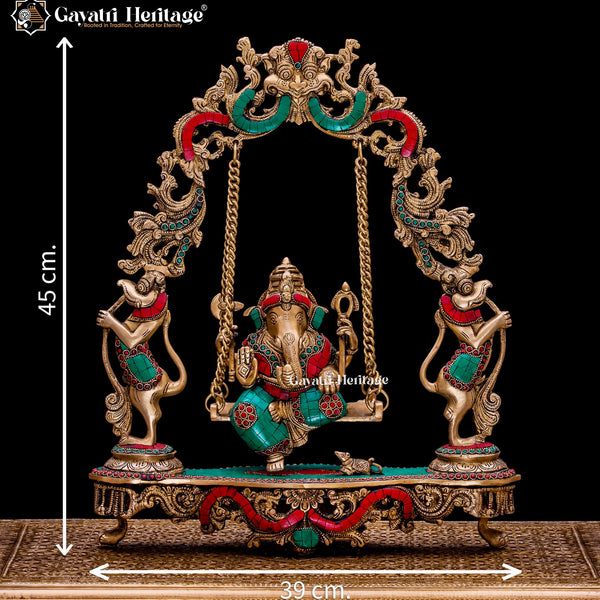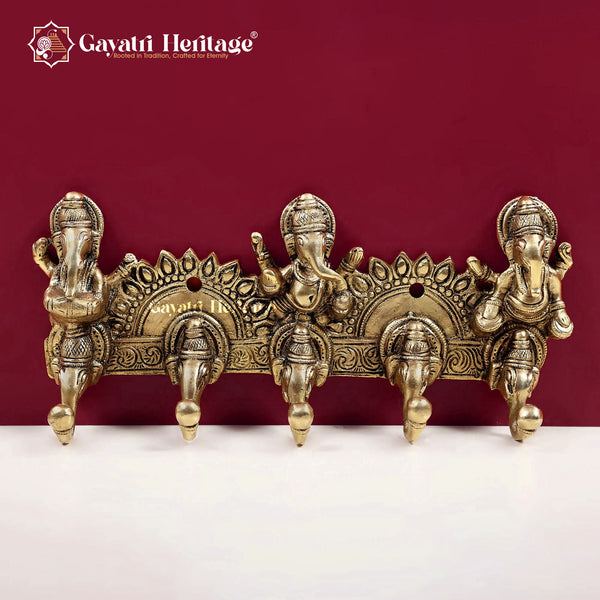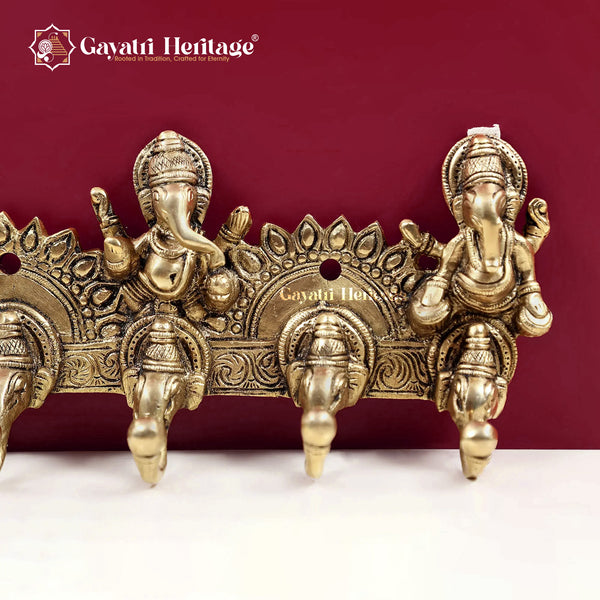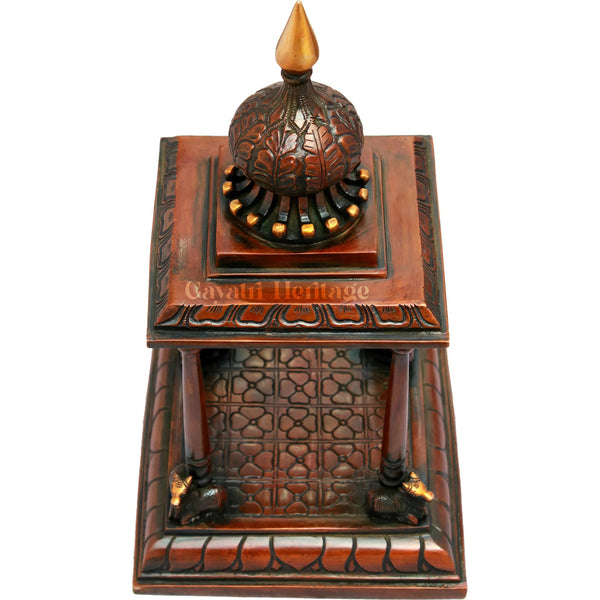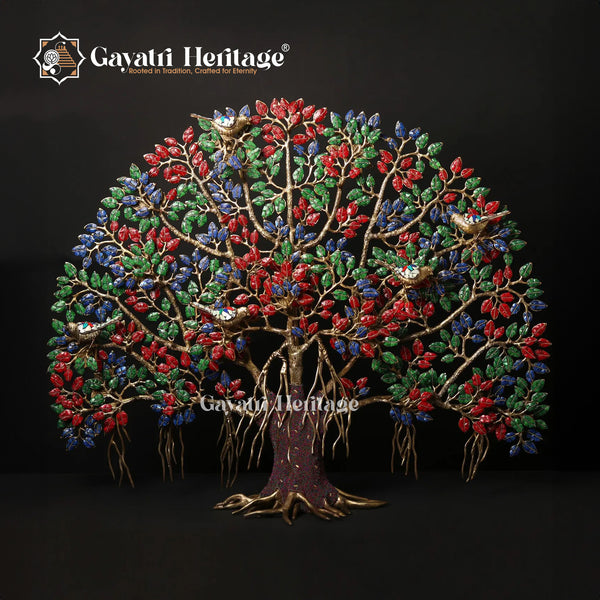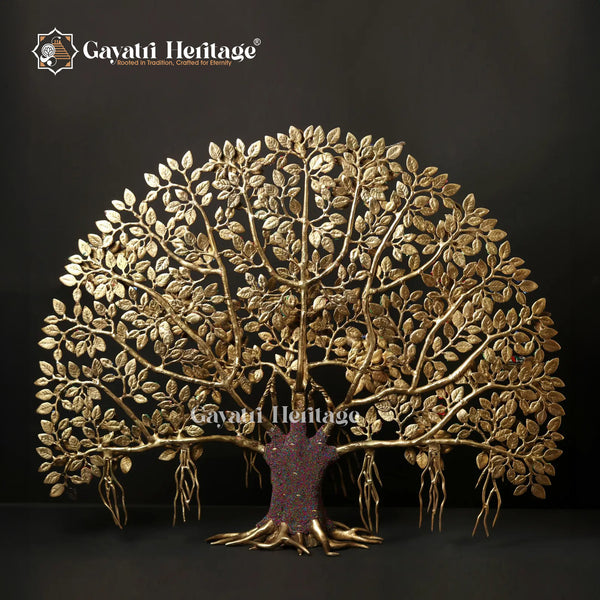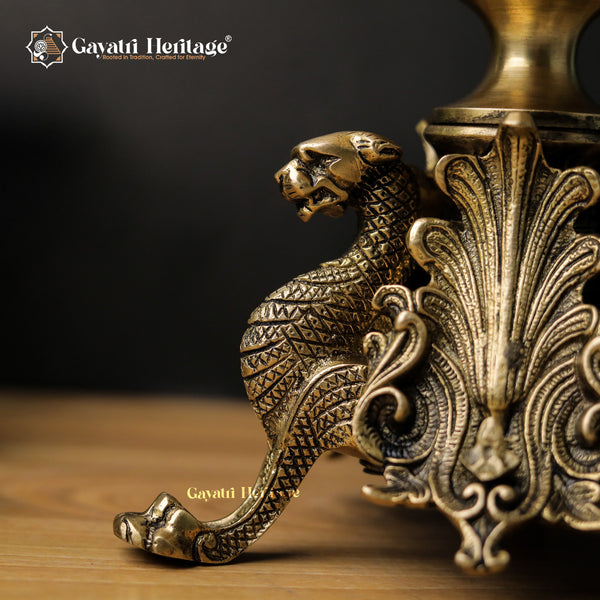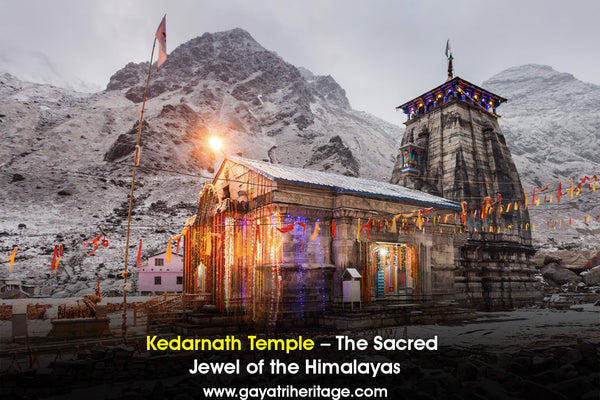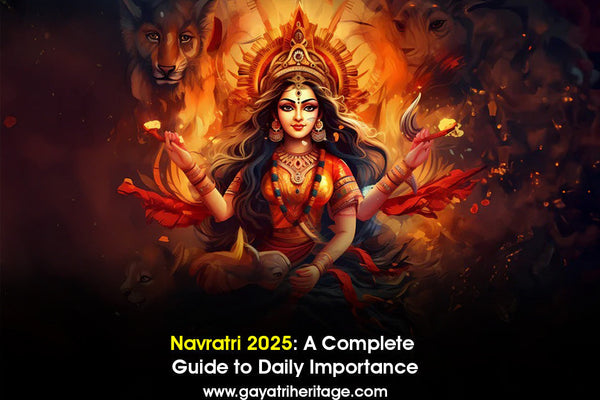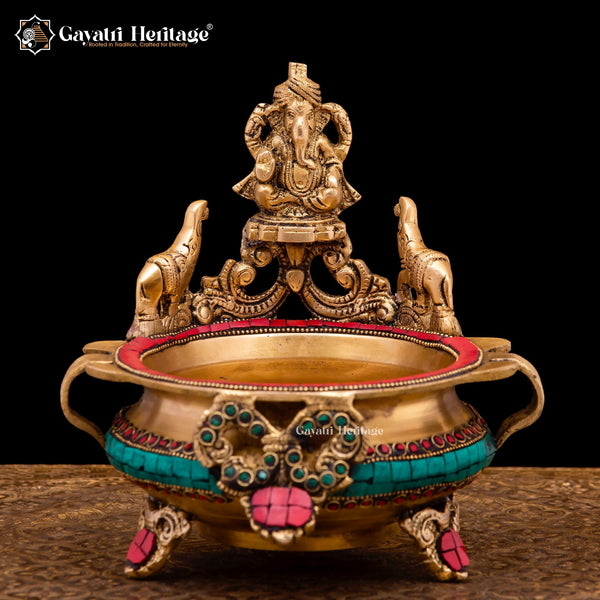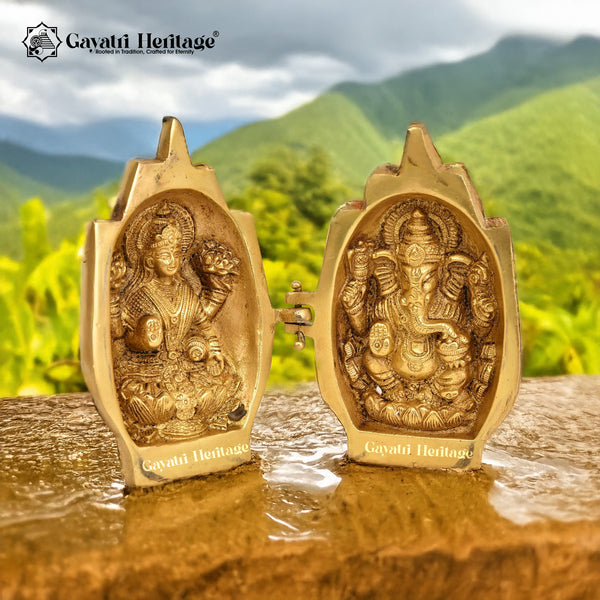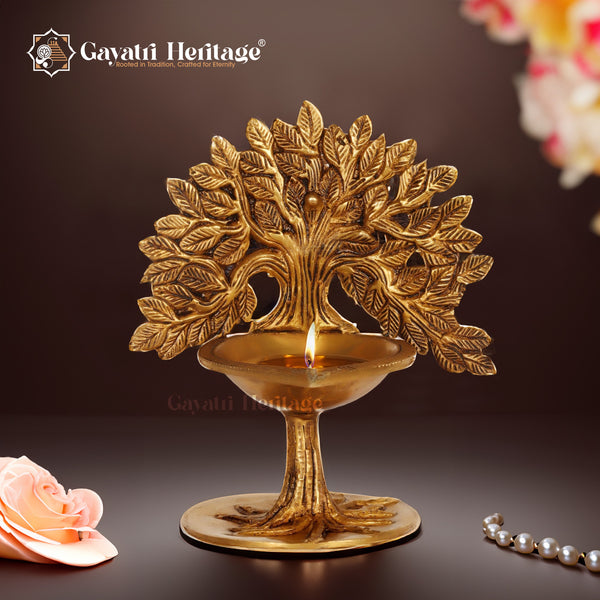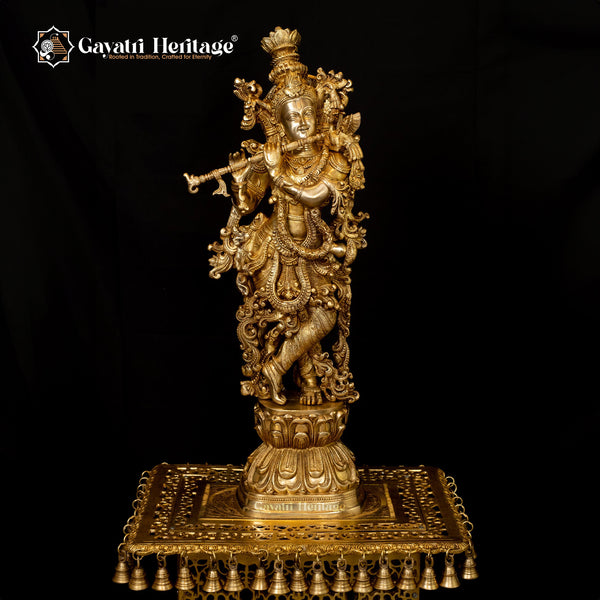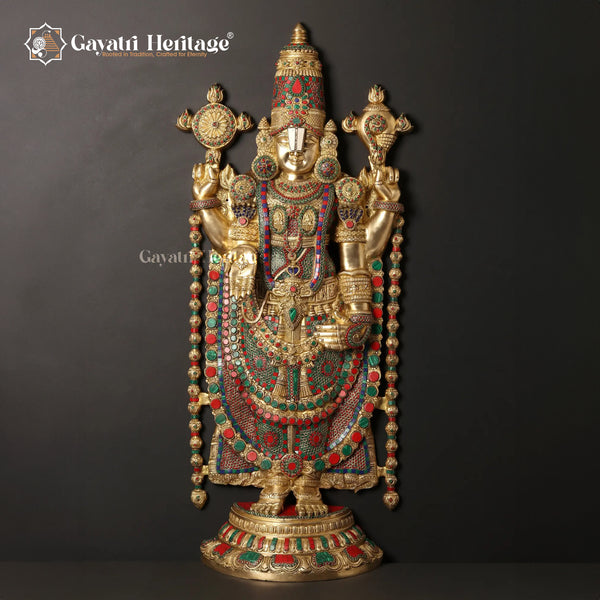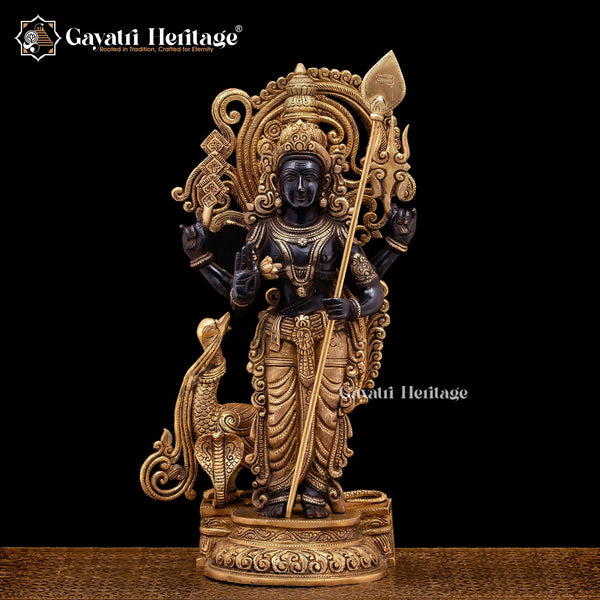Rama Navami is one of the most significant Hindu festivals, celebrating the birth of Lord Rama, the seventh incarnation of Lord Vishnu. This auspicious occasion falls on the ninth day (Navami) of Chaitra month in the Hindu lunar calendar, which typically falls in March or April. Devotees across India and the world observe this festival with devotion, fasting, and recitation of sacred texts. But what makes Rama Navami so special? Let’s explore its historical, religious, and scriptural significance.
The Historical and Religious Significance of Rama Navami
Lord Rama was born in Treta Yuga in the city of Ayodhya to King Dasharatha and Queen Kaushalya. His birth fulfilled the divine purpose of eliminating Adharma (unrighteousness) and restoring Dharma (righteousness) on Earth. According to Hindu tradition, Lord Rama is the Maryada Purushottama—the epitome of virtue, truth, and dharma.
Why is Rama Navami Celebrated?
-
Commemoration of Lord Rama’s Birth – It marks the divine descent of Lord Rama on Earth.
-
Victory of Good Over Evil – Lord Rama’s life symbolizes the triumph of truth and righteousness over falsehood and evil.
-
Promotion of Dharma – His life and teachings inspire people to live a life of morality, truth, and duty.
-
Spiritual Awakening – Devotees observe fasts and read the Ramayana to seek inner peace and divine blessings.
Sanskrit References and Proofs of Rama Navami
The celebration of Rama Navami finds its roots in ancient Hindu scriptures, including the Ramayana, Vishnu Purana, Skanda Purana, and Bhagavata Purana.
1. Valmiki Ramayana – Birth of Lord Rama
In Balakanda (1.18.8-10) of the Valmiki Ramayana, the birth of Lord Rama is described:
"चैत्रे नवम्यां तिथौ, नक्षत्रे अदितिदैवत्ये | स्वयमेव स्वयं जातो, राघवानां कुलोद्भवः ||"
(Meaning: On the ninth day of the bright fortnight of Chaitra month, under the Punarvasu Nakshatra, Lord Rama took birth in the lineage of the Raghu dynasty.)
2. Bhagavata Purana (Canto 9, Chapter 10)
The Bhagavata Purana also confirms the divine birth of Lord Rama and His mission to defeat Ravana and restore dharma:
"धर्मं तु साक्षाद्भगवत्प्रणीतं, न वै विदुरृषयो नापि देवा: | न सिद्धमुख्या असुरमनवाश्च, कुतो नु विद्याधरचारणादय: ||"
(Meaning: The Lord Himself incarnates to establish Dharma, which even sages, gods, and celestial beings struggle to comprehend fully.)
3. Vishnu Purana (4.4.3-4) – Lord Rama’s Divine Purpose
"रामो नाम हरेरंशः, सर्वलोक हिताय च | क्षत्रिय कुलोत्पन्नश्च, प्रभावः परमः महान् ||"
(Meaning: Lord Rama is an incarnation of Lord Vishnu, born for the welfare of the entire world, upholding the dharma of the Kshatriya clan.)
How is Rama Navami Celebrated?
-
Fasting and Puja – Devotees observe fasting, chant Lord Rama’s name, and perform rituals in temples and homes.
-
Reading Ramayana – Reciting the Ramayana, particularly the Balakanda (which describes Rama’s birth), is an essential part of the celebration.
-
Kalyanotsavam (Wedding Ceremony) – Many temples organize a symbolic wedding ceremony of Lord Rama and Goddess Sita.
-
Rath Yatras (Processions) – In cities like Ayodhya, devotees carry idols of Lord Rama, Lakshmana, Sita, and Hanuman in beautifully decorated chariots.
-
Bhajans and Kirtans – Devotional songs praising Lord Rama’s virtues and achievements are sung in temples.
Conclusion
Rama Navami is not just a festival but a spiritual reminder of Lord Rama’s divine qualities—truth, righteousness, compassion, and devotion. His life serves as an eternal guide for humanity to walk on the path of dharma. By celebrating Rama Navami, we reaffirm our faith in goodness and seek divine blessings for peace and prosperity.
May the blessings of Shri Ramachandra always be with us!
"श्रीरामचन्द्र कृपालु भज मन, हरन भव भय दारुणम्!"
(Meaning: O Mind, Worship Lord Rama, the compassionate one, who removes all fears and sufferings!)





